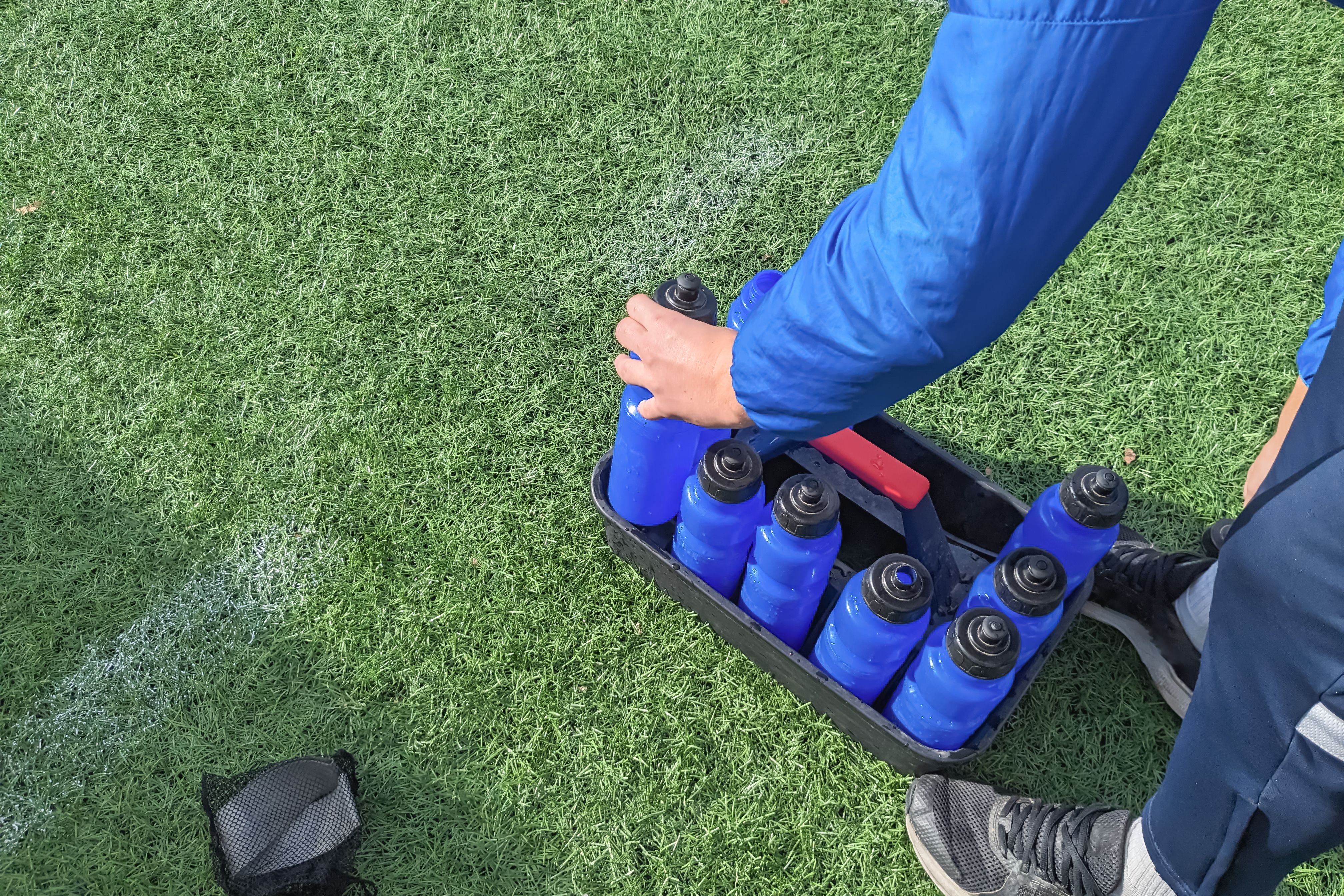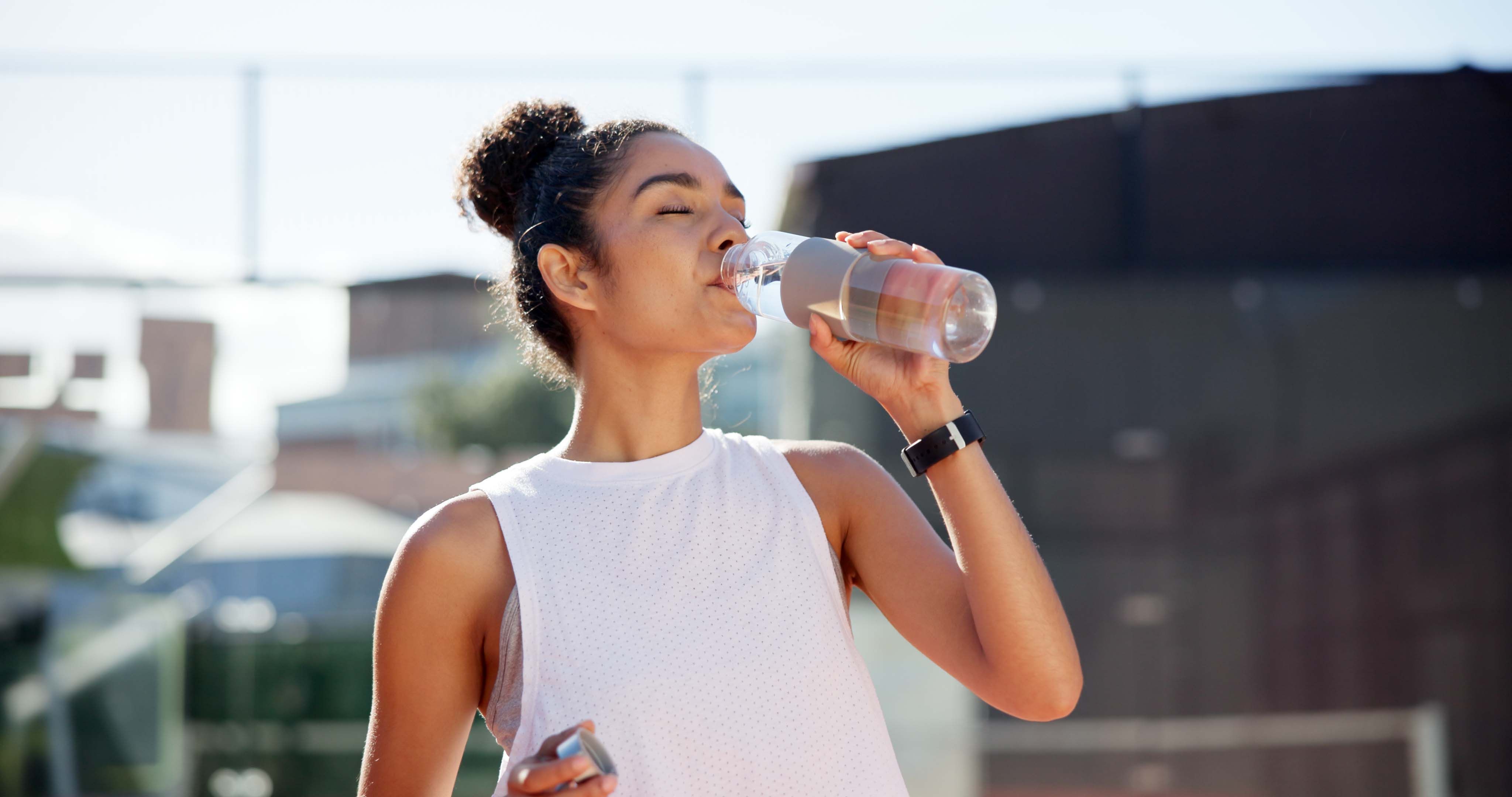Essential Hydration Tips for Soccer Players
Understanding the Importance of Hydration
Staying hydrated is a critical component for any athlete, particularly soccer players who often endure long periods of intense physical activity. Proper hydration helps maintain performance, concentration, and overall health. When the body is dehydrated, it cannot regulate its temperature effectively, leading to fatigue, decreased coordination, and even heat-related illnesses.

Recognizing Signs of Dehydration
It is essential for soccer players to recognize the signs of dehydration early to prevent performance decline and potential health risks. Symptoms may include:
- Thirst and dry mouth
- Dark-colored urine
- Fatigue
- Dizziness or lightheadedness
- Headache
Players should monitor their bodies closely and address any signs of dehydration immediately by consuming fluids.
Hydration Strategies Before the Game
Proper hydration begins well before a player steps onto the field. Athletes should aim to consume adequate fluids in the days leading up to a match. One effective strategy is to drink ample water throughout the day, ensuring that urine remains light in color. Additionally, consuming a sports drink rich in electrolytes can help maintain electrolyte balance, especially if players are training in warm conditions.

During Game Hydration Tips
During the game, soccer players should make a conscious effort to stay hydrated. Players are encouraged to take advantage of breaks or substitutions to drink fluids. Water is usually sufficient for short games or training sessions. However, for prolonged matches, especially in hot weather, a sports drink that contains electrolytes can be beneficial.
Post-Game Recovery Hydration
After the game, rehydration is critical to recovery. Players should aim to replace fluids lost through sweat by consuming water or an electrolyte-rich beverage. A good rule of thumb is to drink about 16-24 ounces of fluid for every pound lost during exercise. This practice will help restore fluid balance and accelerate recovery.

Customizing Hydration Plans
Each player may have unique hydration needs based on factors such as body size, sweat rate, and environmental conditions. It can be helpful for athletes to weigh themselves before and after training sessions or games to gauge fluid loss and adjust their hydration strategies accordingly.
Hydration and Nutrition: A Winning Combination
Hydration should not be considered in isolation. Pairing a proper hydration strategy with balanced nutrition can further enhance performance and recovery. Consuming foods that contain water, such as fruits and vegetables, can contribute significantly to overall fluid intake.
Conclusion: Making Hydration a Priority
For soccer players aiming to perform at their best, prioritizing hydration is non-negotiable. By implementing these essential hydration tips, athletes can maintain peak performance levels, reduce the risk of injury, and enjoy the beautiful game safely and effectively.
